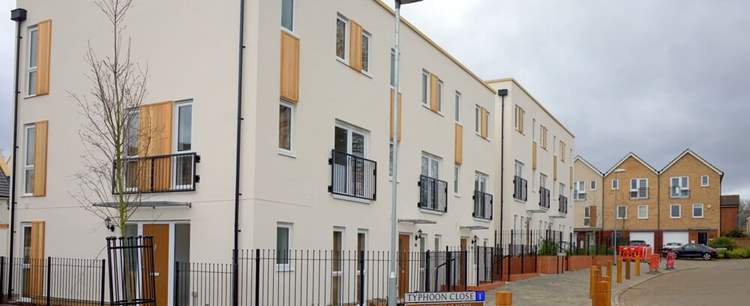There has been an especially interesting postbag of headlines this week, suggesting that the property market is once again getting into its stride.
Homeowners, buy to let investors, landlords, and tenants may all have an interest in some of the stories to have emerged. So, let’s take a closer look at them.
What You Need To Know: Repossessions Update For England
During the past year’s successive coronavirus lockdowns, landlords have been severely restricted in any action they can take to repossess property they own from tenants.
A return to pre-pandemic normality begins on the 1st of June (in England), to the relief of many landlords, according to a report by the National Residential Landlords’ Association (NRLA) on the 14th of May.
From that date, landlords will only have to give four months’ notice to quit – in place of the six months introduced at the height of the pandemic. With effect from the 1st of August, moreover, the period of notice to quit because of arrears of rent will be further reduced to just two months – effectively bringing the situation for landlords pretty much as it was before the pandemic.
At the same time, various other periods of notice continue to apply, depending on the grounds given by the landlord for a tenant to quit let property.
Ban On Buy To Let Under Debate In Jersey
The Channel Island of Jersey will debate the possible ban on the purchase of any dwellings intended as buy to let, reported Landlord Today on the 14th of May.
An overheated housing market that threatens to deprive first-time buyers of any hope for getting on the housing ladder has prompted the island’s parliament to consider an outright ban across the market or in selected residential developments. If the latter, then a certain proportion of new housing could be assigned to local first-time buyers.
Housing laws in Jersey are already significantly different to those in the UK and the authorities there are concerned at the rising number of landlords, increased investment in property, and the gradual squeezing out of locals from home to buy.
Latest Rightmove Figures – Industry Reacts
The industry is reacting with a growing sense of alarm at the boom in house prices, writes Property Wire on the 17th of May, as the average price of a home in the UK has now hit a record £333,564 – up 1.8% on April.
Rocketing prices are being driven by especially frenetic demand – especially for larger homes – fuelled by a continuing Stamp Duty holiday, but a dwindling rate of supply and a shortage of suitable new housing stock. The imbalance between high demand and poor supply is inevitably forcing prices higher and higher.
Homeowners who want to sell their property, of course, recognise the strength of demand – which reaches panic proportions at times – and, so, can cash in on buyers’ desperation by increasing the asking price for their property. So, average prices go up and up.
In a note of caution, though, analysts say that the market cannot remain so overheated forever and that once the Stamp Duty holiday comes to an end and the market cools, prices may once again fall back.
House Prices In Wales See Highest Growth In Britain
In this current boom time for an overheated housing market, some parts of the country are seeing even bigger surges in prices than others.
Wales, for example, is seeing some of the biggest price rises in the country – reaching proportions that some local estate agents describe as “the craziest six months in a long time”, according to a report by Wales Online on the 17th of May.
Across the principality as a whole, house prices increased by 13% in the past 12 months – and that is 2% more than the next most active area in the UK, the northwest of England. Contrast these surges in house prices with the meagre 0.2% increase in average property prices in London in more than a year since the initial lockdown in March 2020. Prices in the capital, in other words, are practically at a standstill.
Rental Growth Outside London Hits Four And A Half-year High
Strong performance in the housing market is also reflected in a corresponding surge in demand for rental property, according to a report by online listings site Zoopla on the 12th of May.
Fuelled by a similar demand from tenants and a relative shortage of available homes, average rents across the whole of the UK (excluding London) increased by an annual 3% during the first three months of this year – to reach a current average of £780 per month. The increases in rent levels are the highest achieved in the last four and a half years, says Zoopla.
Reflecting the same trend as the market for owner-occupied housing, rent levels have risen sharpest outside of London (especially in the northeast and the southwest), whereas those in the capital have fallen back in a 9.4% decrease on rent levels achieved just a year ago.






